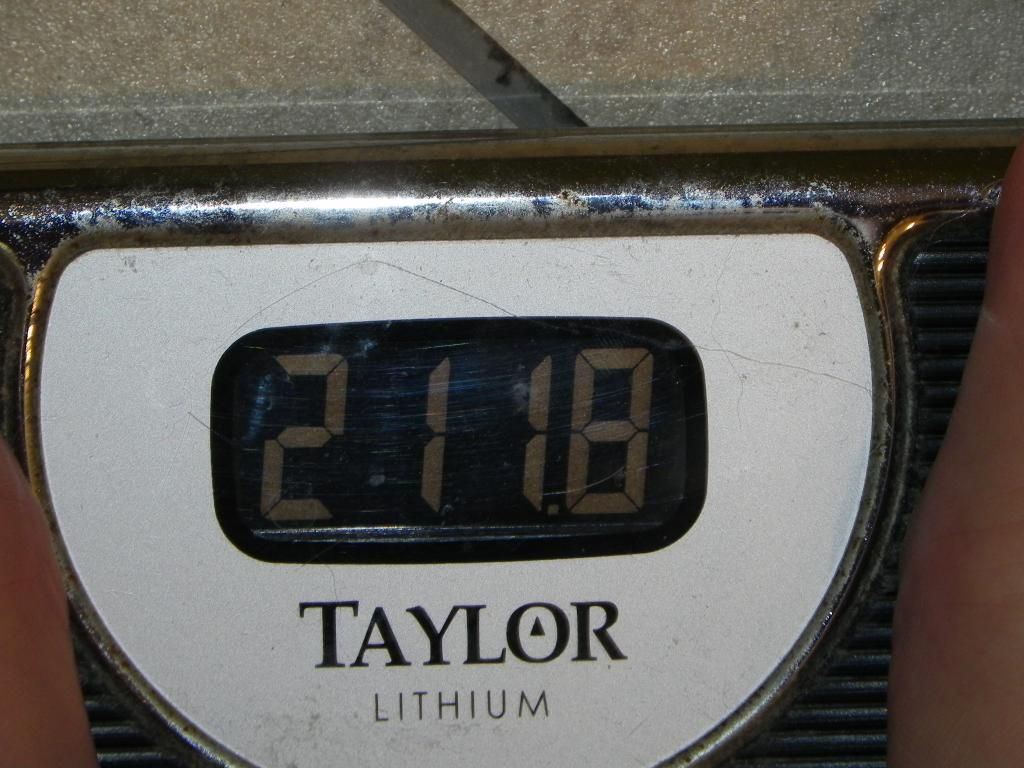Shawn@PRS
yogi
Exactly... BMI was originally developed to study the health of populations (for which it is very good) and not for individuals (for which it is very bad.) You can use the average BMI of a large population to predict its overall health. For any given individual though, it doesn't take into account build and how much muscle you have.
And while it's true that you can't easily measure body fat percentage (you need caliper measurements at various locations for a semi-accurate measurement, and more complicated techniques to get you even more accurate) weight and waist size don't do a terrible job at getting you to within a percent or two.
For most folks who have been weight training for a few years, if you get a good measurement at one point, you can be pretty certain of what your lean body mass is to within a pound or so. Unless you really start to body-build, you're not likely to add much lean body mass through general weight training, so you can just use weight as a decent proxy for body fat percentage. I'm 6' and have a LBM of 149 which is pretty typical of a guy my height that's been doing general weight training. I'm at 165 now, which is about 9%. (.9*165=148.8) If I want to get down to 7%, I need to be at 160 (but make sure that I'm training enough that I hold onto my 149 LBM). At 7%, you start to look pretty cut. There isn't any health benefit to being so low in body fat. 180 on my frame would be just fine from a general fitness perspective. You start to see abs come out at around 11% though, and it's sort of fun to challenge yourself. When I don't worry about it at all, I eventually get up to 210, which is starting to push 30%, and for a guy in his late 40s like me, that really does correlate to health issues.
Good info. I just hit an online body fat calculator and it put me at 14% which I feel is a bit high, but certainly within range of where I am. http://www.healthyforms.com/helpful-tools/body-fat-percentage.php






